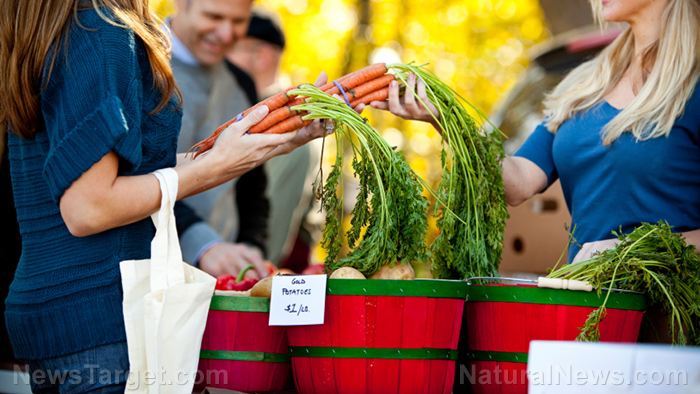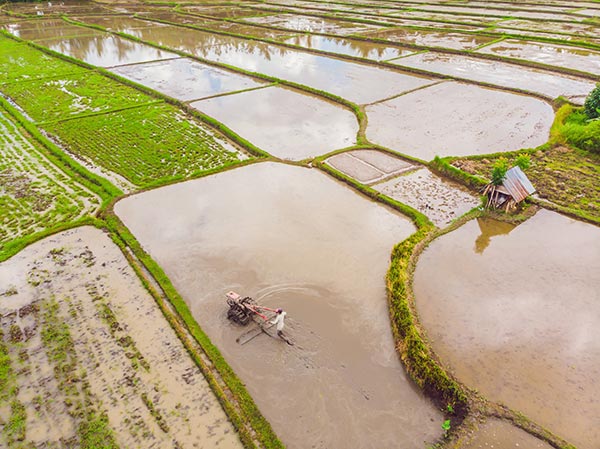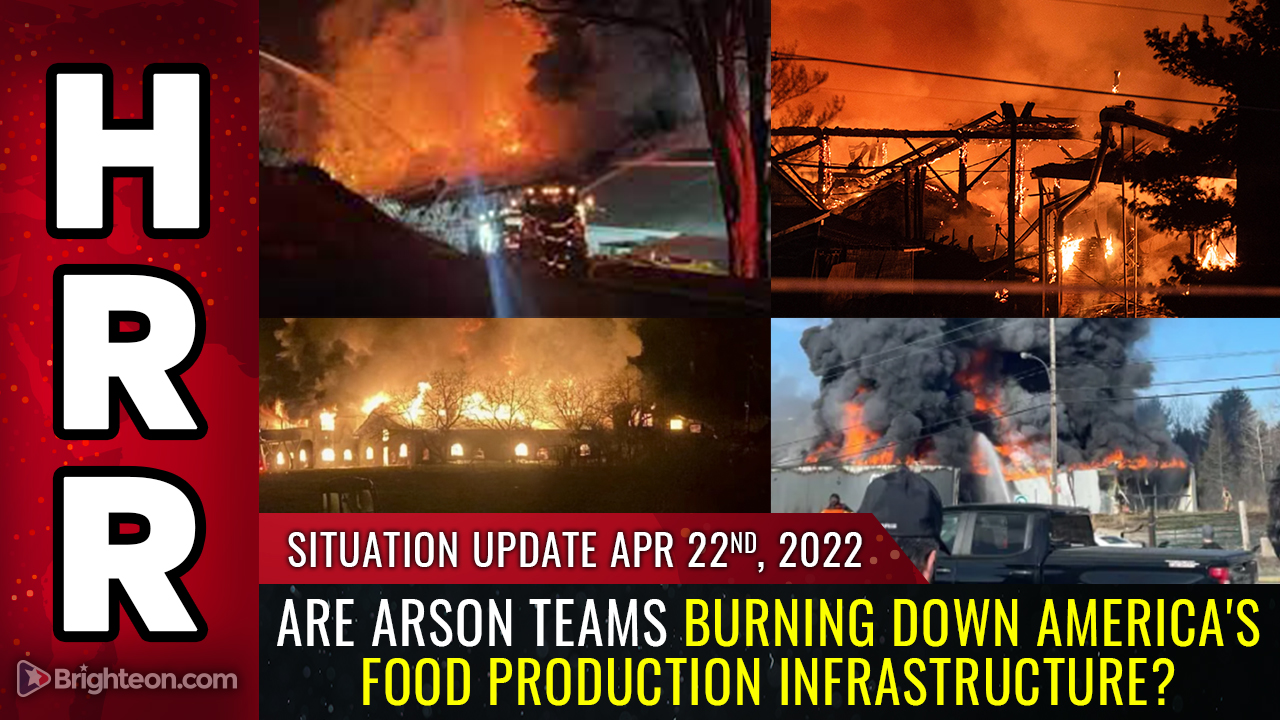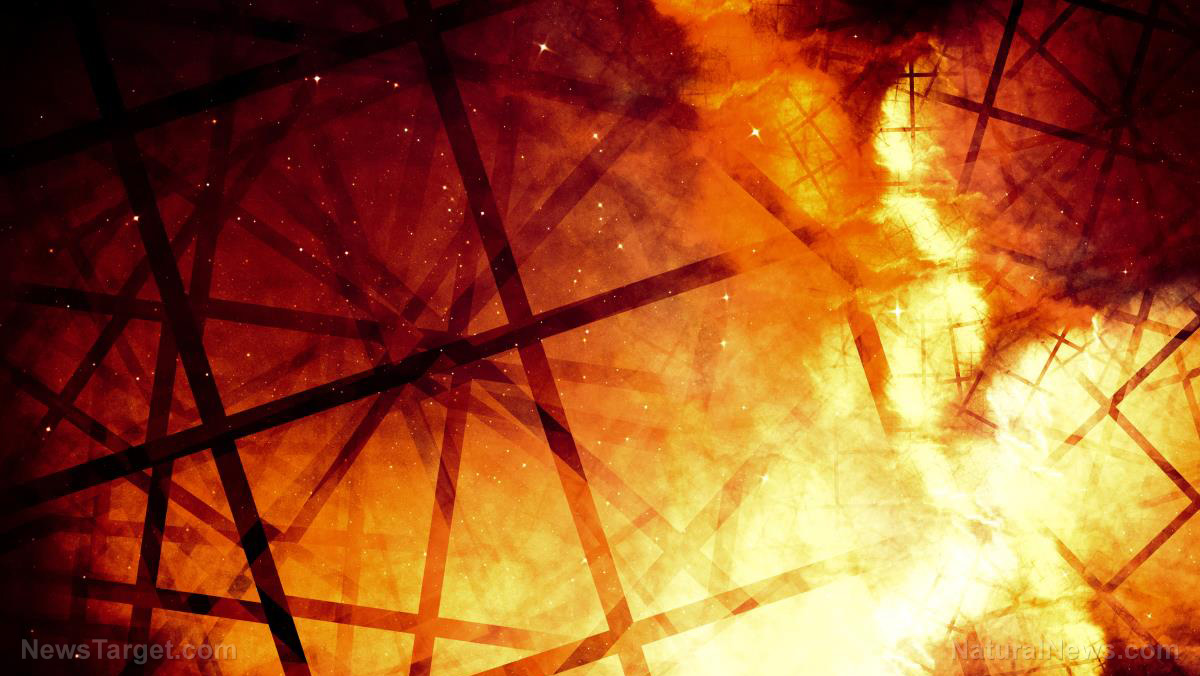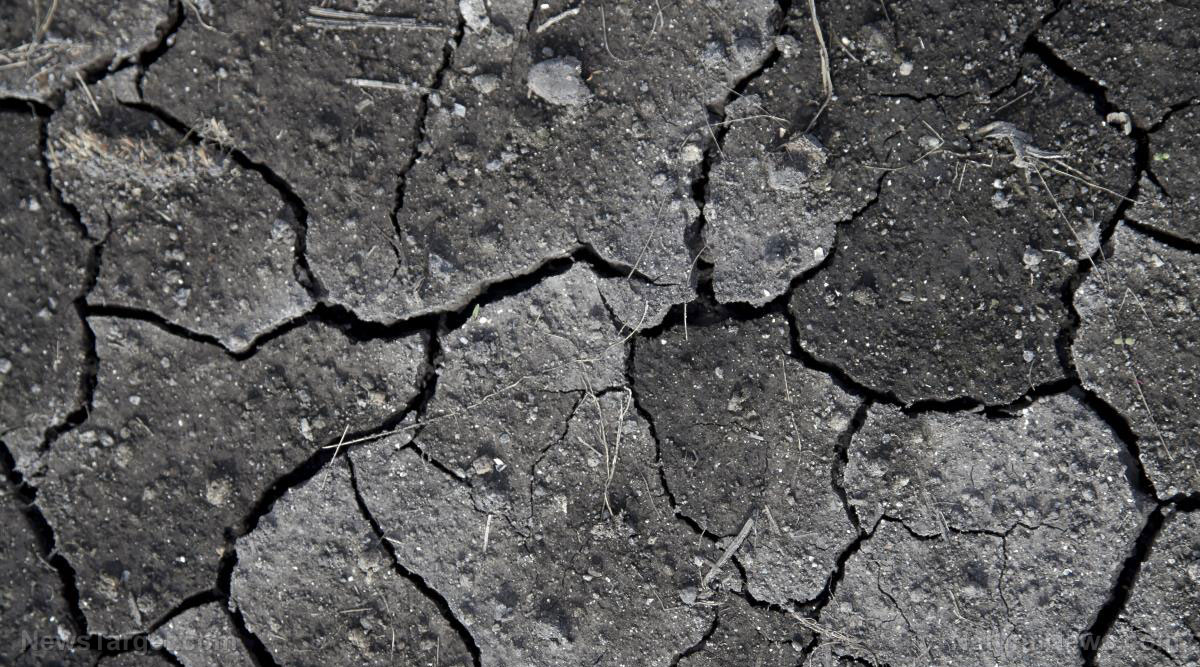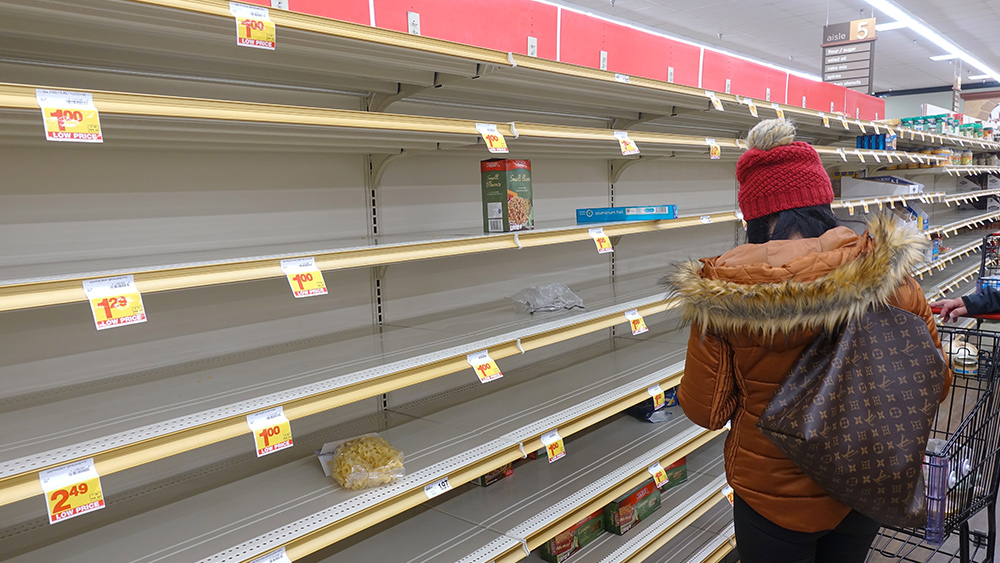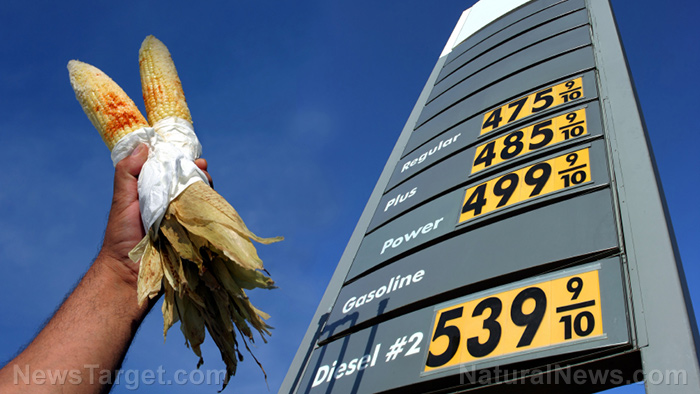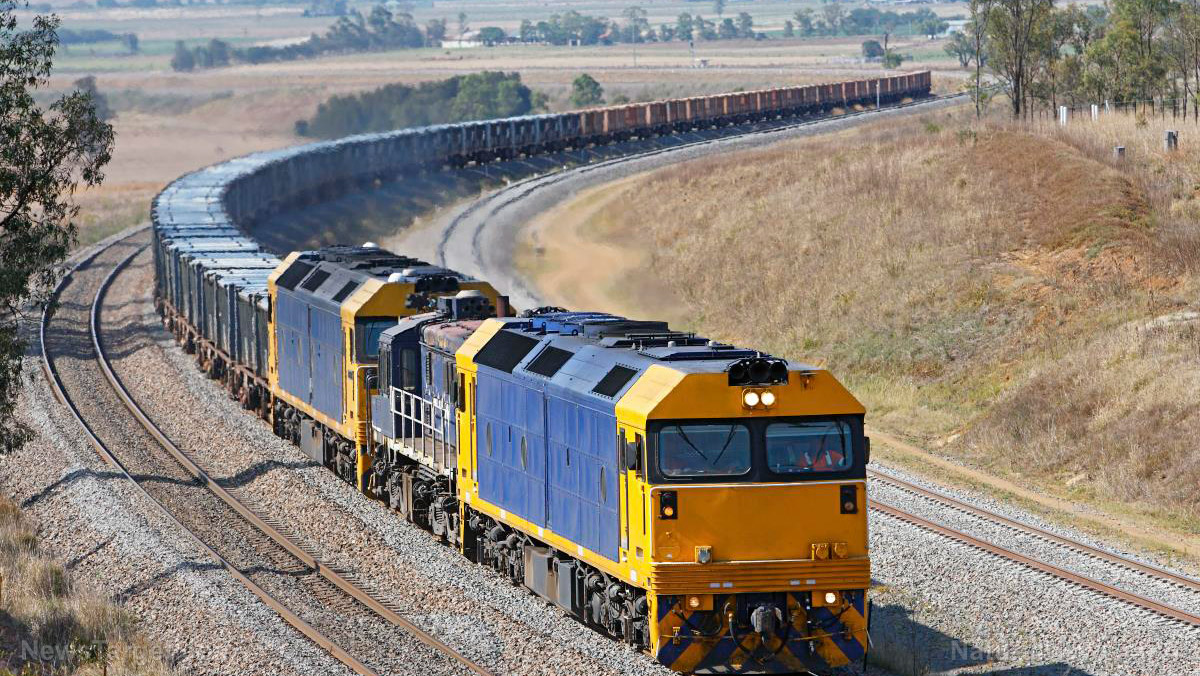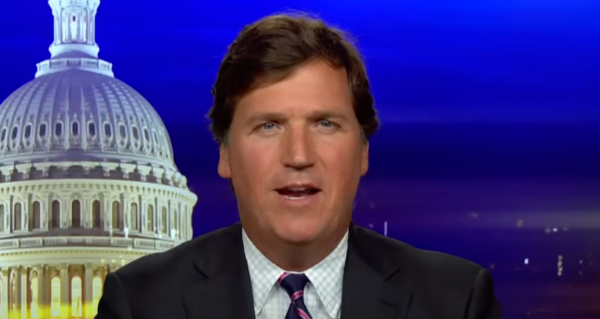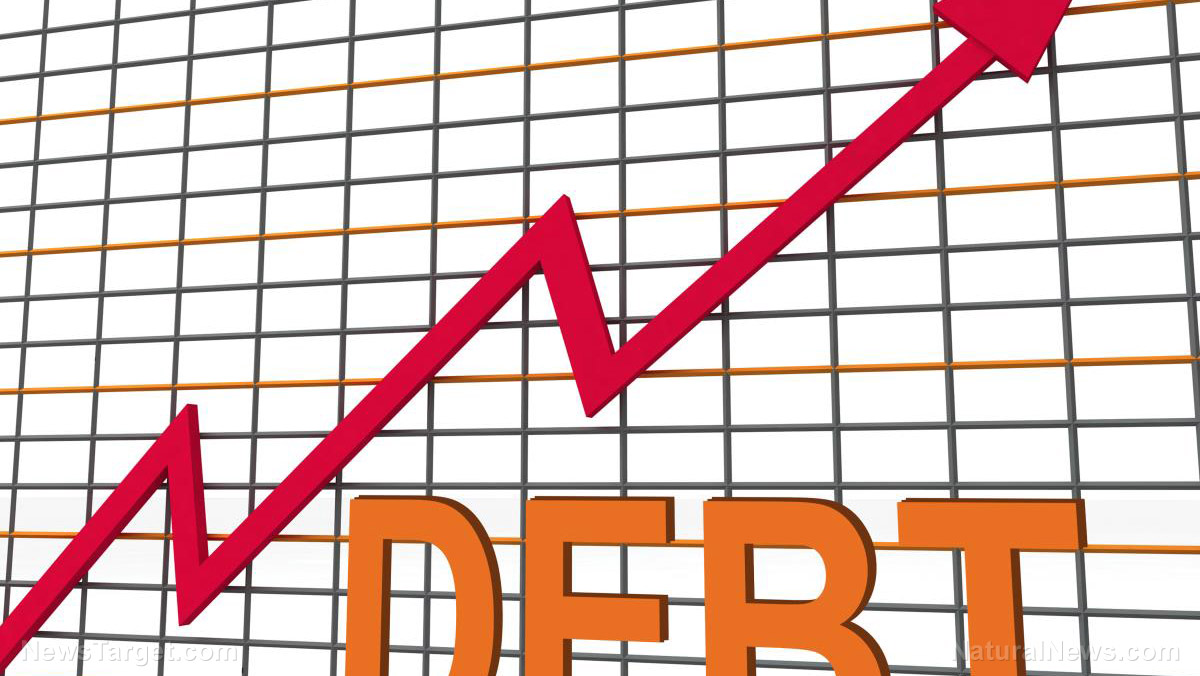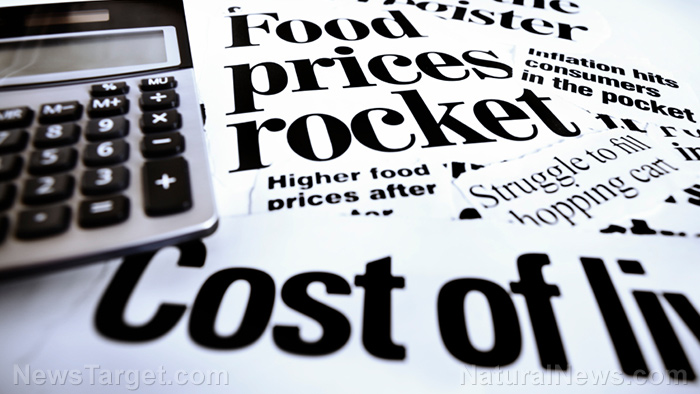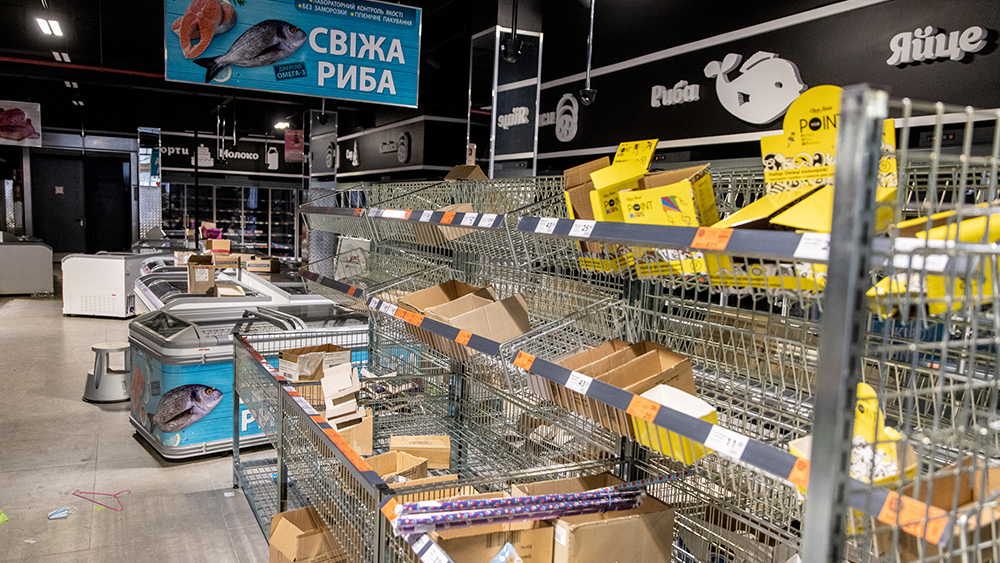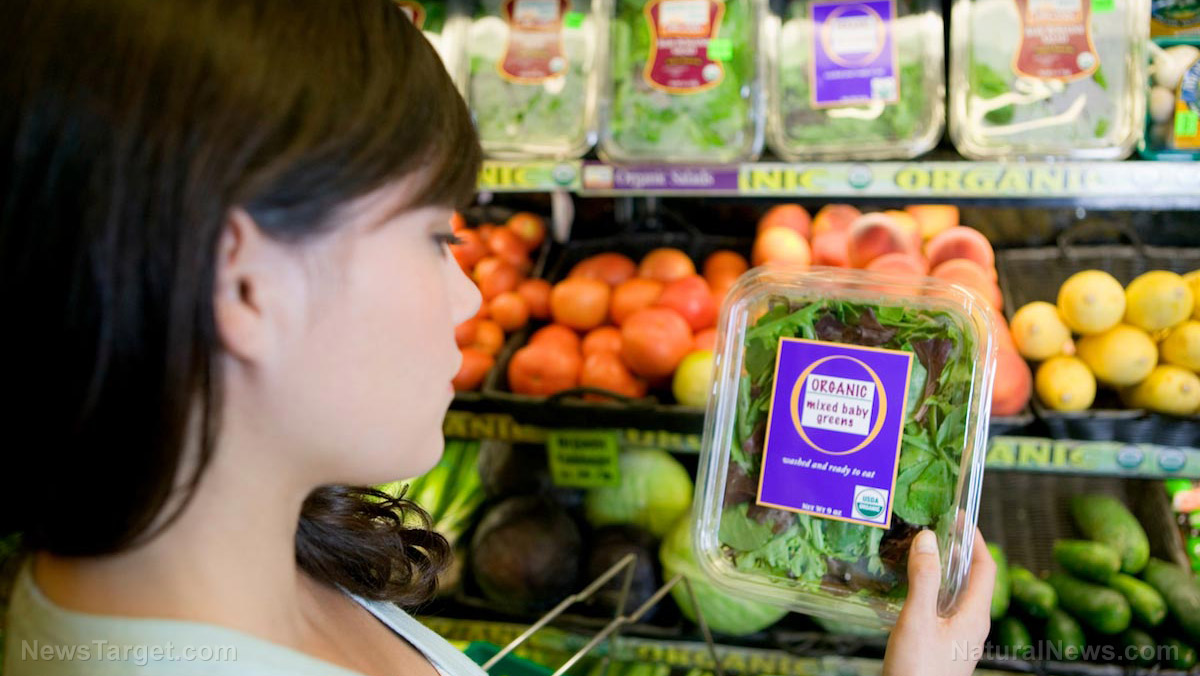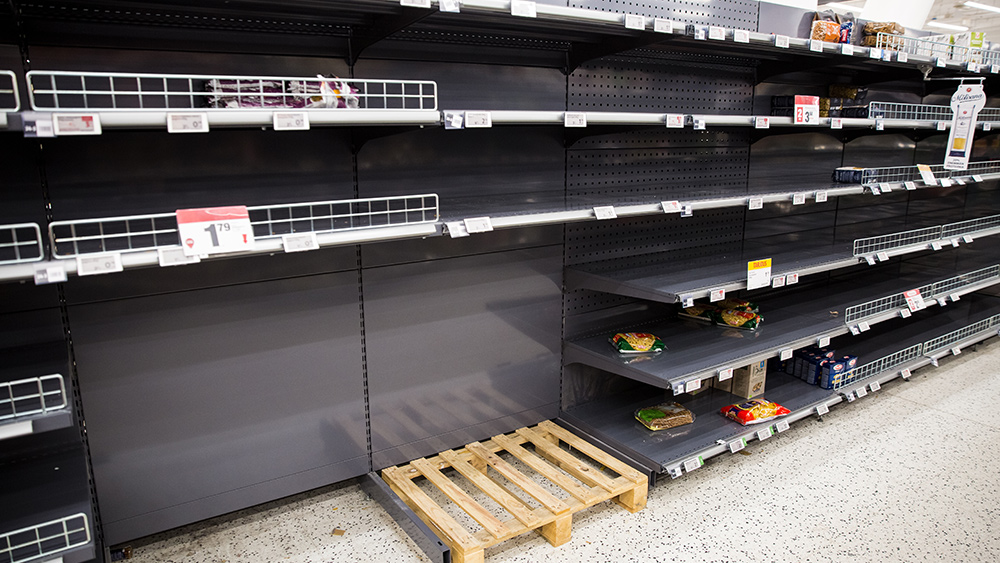North Korea tells citizens to buckle up for more food shortages until 2025
11/03/2021 / By Mary Villareal
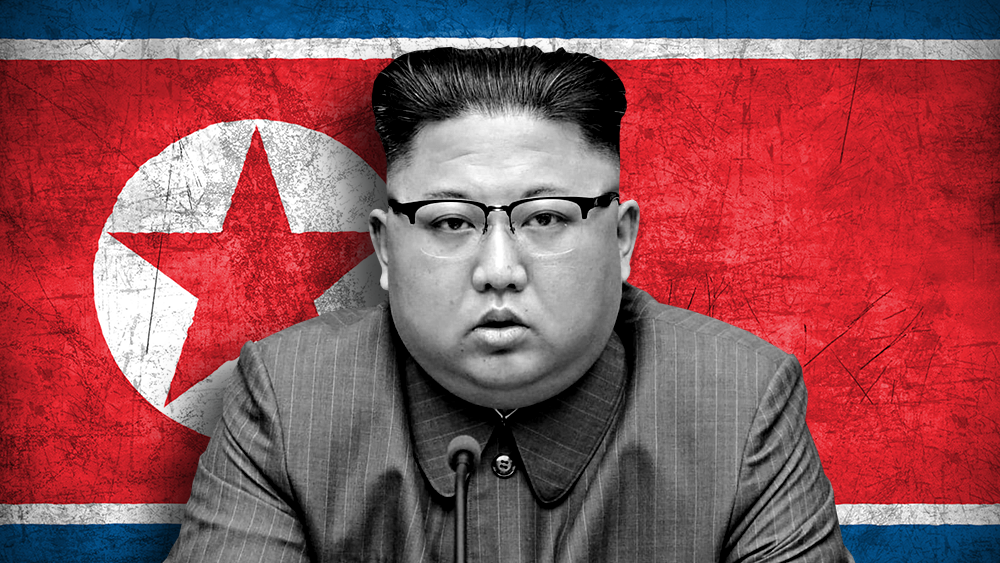
The North Korean government told its citizens to tighten their belts for at least another three years as Pyongyang does not plan on reopening its borders to China until then.
North Korean authorities closed the border on its largest trading partner January last year in a bid to stop the spread of the Wuhan coronavirus (COVID-19). The move exacerbated inflation and food shortages in the country caused by the ongoing United States-led sanctions as well as typhoon-induced flooding.
“Two weeks ago, they told the neighborhood watch unit meeting that our food emergency would continue until 2025. Authorities emphasized that the possibility of reopening customs between North Korea and China before 2025 was very slim.” a resident of the city of Sinuiju, near the Chinese border said.
The resident went on to say that the government telling its people to endure hardship until 2025 is the same thing as telling them to starve to death.
Kim Jong Un encourages officials to boost agricultural production
North Korean dictator Kim Jong Un acknowledged the crisis earlier this year and encouraged officials to find ways to boost agricultural production as the food situation worsens.
A resident from another border city, Hoeyrong, said that criticisms are coming out with regards to the government saving food because their supreme leader is not aware of how serious the food situation is. The resident said they are already struggling and have tightened their belts as much as possible. “They resent the unrealistic demands of the authorities, asking how much tighter they could possibly tighten their belts.”
Reports also emerged that the construction workers sent to Pyongyang to alleviate a severe housing shortage had taken to attacking and robbing residents to get more money for food.
A May 2019 report from the Food and Agriculture Organization (FAO) of the United Nations (UN) estimated that about 10 million North Koreans are suffering from food shortages after what the organization called the “worst harvest in 10 years.”
The ongoing economic problem means that the number has certainly increased over the past two years.
North Korea urges citizens to eat “delicious” black swans
As the country continued to battle poor economy and food shortages, the state media began calling black swans as its new and valuable food source. This came after Kim declared a crisis in June and urged workers to come up with ways to solve the country’s persistent food problem.
“Black swan meat is delicious and has medicinal value,” the party-run media said. It also reported that black swan meat is “an exceptional health food of the 21st century with a unique taste and extremely high nutritional value.” South Hamgyong Province Chief Party Secretary Ri Jong Nam led a ceremony to open a new black swan center in Johnphyong county.
Research into breeding the rare ornamental birds for food began in 2019 as state-sponsored researchers claimed the meat has “anticancer properties.” (Related: North Korea reveals supposed cure for Ebola, MERS, AIDS, cancer and more.)
The black swan center was completed after the supreme leader declared that the government will “completely remove the food problem in the near future” by improving agriculture and stockbreeding methods. While he did not mention swans specifically, he did mention that they are “obtaining meat from the grass” through goat, cattle and rabbit farming.
It’s still not clear how the black swan meat will be distributed or if more farms will be built in other parts of the country.
The North Korean ruling party has also told schools, factories and businesses to garden and raise fish and other animals on their rooftops and other unused areas to help with self-sufficiency. This is the solution that the government has arrived at to address the failure of large-scale farming and to provide food supplies for the country as COVID-19 related restrictions have blocked food and other imports since 2020.
Get more updates about food shortages in North Korea and other parts of the world amidst the global pandemic at Pandemic.news.
Sources include:
Submit a correction >>
Tagged Under:
agriculture, big government, black swan, bubble, crisis, farming, food collapse, food shortages, food supply, inflation, Kim Jong-Un, North Korea, supply chain, tyranny
This article may contain statements that reflect the opinion of the author
RECENT NEWS & ARTICLES
FoodRationing.news is a fact-based public education website published by FoodRationing News Features, LLC.
All content copyright © 2021 by FoodRationing News Features, LLC.
Contact Us with Tips or Corrections
All trademarks, registered trademarks and servicemarks mentioned on this site are the property of their respective owners.

